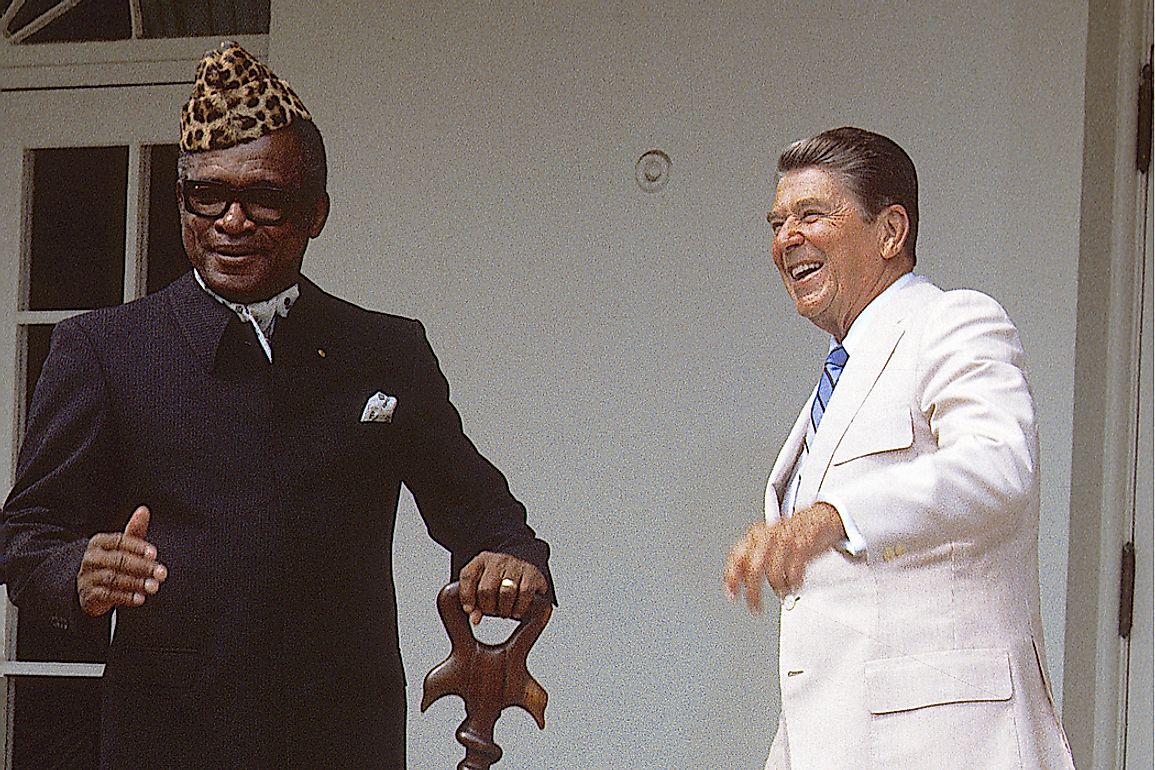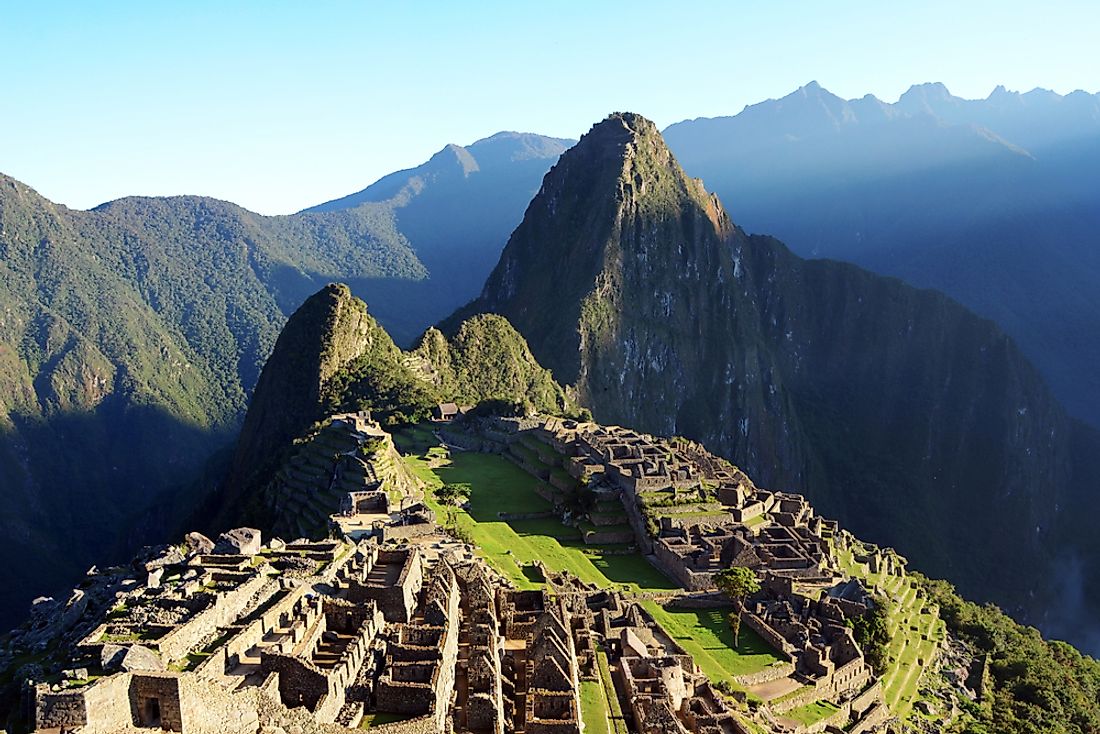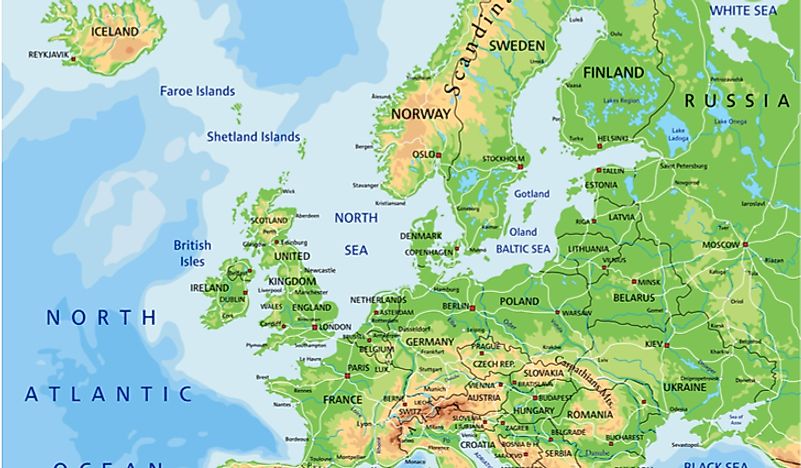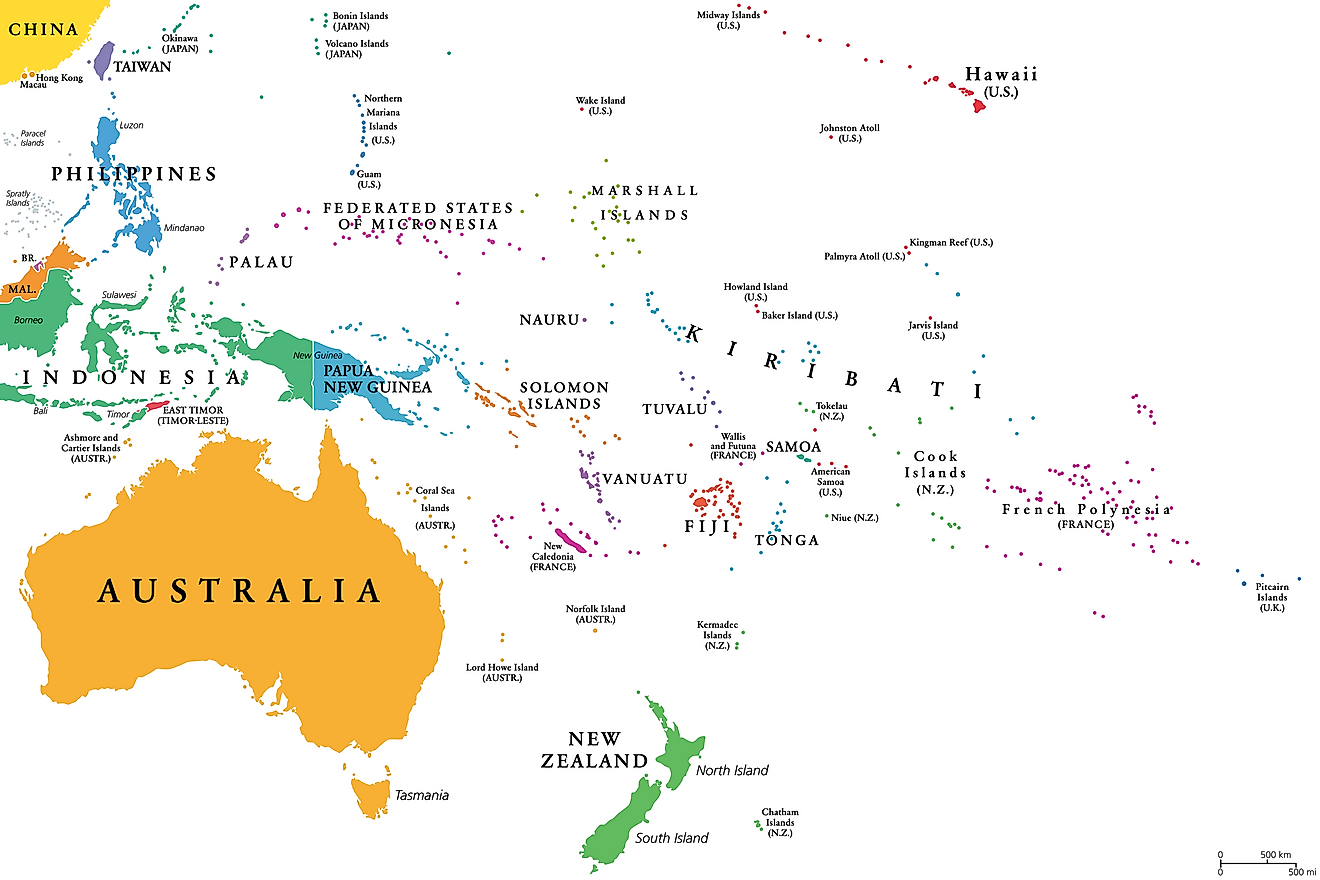What is a Kleptocracy?

Kleptocracy is a term with negative connotations, used to define a form of leadership where senior government officials use their authority to embezzle public funds for self-gain and to solidify their political prominence. Kleptocracy is often practiced under autocratic governments where external supervision is mostly non-existent, and therefore the disbursement and use of public funds are dictated by the nation’s leadership. These corrupt government officials use the funds meant for the development of the country, for personal gain.
There are numerous examples of such governments around the world, where the nation’s leadership has accumulated mind-boggling amounts of wealth at the expense of the majority of the citizens. Kleptocracies are closely associated with military juntas, oligarchies, dictatorships, and other types of nepotism or autocratic regimes, where external oversight is nonexistent or is impossible. The absence of monitoring could be worsened by the corrupt officials who control the supply and means of distribution of public funds. Kleptocratic leaders treat the county’s resources as personal items and spend them on luxuries and extravagance, and many of them transfer the country’s funds to secret accounts in foreign countries.
Kleptocracy in Russia
Russia is often pointed out as an example of a modern kleptocracy, and the nation’s current president, Vladimir Putin is described as the “true definition of a kleptocratic leader.” While the astronomical rise of Vladimir Putin to the Russian political summit was fueled by promises of removing all oligarchies in the country, the president would later take up kleptocratic tendencies on attaining the presidency and began amassing wealth. In Putin’s regime, an estimated 35% of the country’s wealth is controlled by 110 people. Interestingly, the majority of these individuals are acquaintances and relatives of the president. President Vladimir Putin is himself believed to own assets worth $200 billion.
While corruption had always been a problem in Russia, the vice worsened during Putin’s presidency, with the country’s rank in the Corruption Perception Index plummeting to the 131st position out of 176 countries. Kleptocracy has been most profound during Putin’s second term as president where vices such as corruption and nepotism have been rampant in government. The president has been accused of misappropriating public funds, with his close friends and relatives benefiting from the unlawful budgetary expenditure. Critics believe that of the $50 billion used by Russia to host the 2014 Winter Olympics, half of it was used in making irregular payments to Putin’s associates.
Kleptocracy in Africa
Africa has many of the world’s kleptocratic leaders, who have driven their economies into ruin. Not surprising is the fact that most of Africa’s kleptocratic leaders ascended to their positions through military coups, and established autocratic governments. There is a common trend in Africa where the poorest and least developed countries are often kleptocracies, and illiterate people make up a large percentage of their respective populations. Many such African countries are endowed with natural resources such as precious metals and fossil fuels. Some scholars believe that foreign interference has had a responsibility in the establishing and thriving of kleptocracies in Africa, particularly in the 20th century.
Former Zaire (present-day Democratic Republic of Congo) leader, President Mobutu Sese Seko was among the most corrupt leaders of the 20th century. Under Mobutu’s leadership, Zaire’s economy had all but collapsed and experienced unprecedented hyperinflation. Zimbabwe’s longest-serving head of state, former president Robert Mugabe was a well-known kleptocrat. President Mugabe’s nepotism would ultimately become his undoing and led to his downfall. While democracies have replaced many former kleptocracies in Africa, the vice still lingers in the continent. Some see the South African government as a kleptocracy, and President Zuma has earned the reputation of engaging in nepotism, dishing out favors to his acquaintances. Another well-known kleptocrat in modern Africa is Uganda’s President Yoweri Museveni.
In 2011, South Sudan gained independence as a Kleptocratic nation. It was a militarized state characterized by profound corruption in its governance such that by the time it was independent, the political atmosphere was extremely expensive, and its revenue was all consumed by the military and the political patronage, and there was nothing left for institutional building, public services, or development. The shutdown of oil production in 2012, bankrupted the nation and whole systems in the country collapsed
Kleptocracy in the United States
The United States has often been portrayed as the model of true democracy, but surprisingly the American government has in recent years been labeled as a kleptocracy. President Donald Trump has been a polarizing figure in American politics, with his leadership style endearing him to some and earning him critics in equal measure. However, the fact remains that President Trump shares characteristics of other well-known kleptocratic leaders, with nepotism being manifested in the making of significant appointments during his presidency.
Since the beginning of his term, President Trump has been accused of muzzling the press and dishing out favors to family members and close friends. For instance, the president appointed Jared Kushner, his son-in-law, to a prime position in the White House. Many people felt Kushner was unqualified to serve as America’s Middle East envoy, but the president threatened media houses that raised the issue.
While the president is yet to do something that is explicitly outlawed by US laws, some of his actions on which Americans turn a blind eye, were unthinkable a few years ago. But President Trump did not start making such questionable appointments during his presidency. While still on the campaign trail, Donald Trump appointed Donald Trump Jr as his top campaign adviser, a position in which he had little experience. President Trump is also remembered for appointing, Ivana Trump, the daughter with his ex-wife, to manage Trump Castle casino regardless of her inexperience, and later hired her as a presidential advisor. Trump also hired the unequally inexperienced brother Robert Trump for the development of Trump Taj Mahal, a casino which soon went bankrupt.
The US constitution makes it impossible for President Trump to become a true kleptocrat, capable of appointing his wife as Vice President. However, such kleptocratic characteristics like nepotism are not exclusive to the Trump administration. President John F Kennedy infamously appointed his brother, Robert as the nation’s attorney general, a move that was met with bitter criticism.
Narco-economies
Narcokleptocracy, also known as narco-states or narco-economies, are nations where drug money has compromised the integrity of the government through the bribing of senior government officials. Using their bottomless accounts drug barons force the government to allow the illegal drug trade to be conducted within the country. Some countries that have been defined as narco-economies include Guinea-Bissau, Panama, Tajikistan, and Venezuela. Narco-economies share many characteristics of kleptocracies, since very few individuals holding influential positions in government, control most of the country’s wealth and leaving the majority to languish in poverty.
Effects of Kleptocracy
The funds misappropriated by kleptocratic regimes are meant for the provision of essential social services such as in health, education, food, and water. Therefore, the majority of the citizenry in such countries lives in deplorable conditions and lack basic amenities. Only a few individuals in senior government positions and their associates benefit from kleptocracies often through dealing with corrupt activities.
Kleptocracies often have a terrible reputation in the international scene, and hence lack foreign investments and therefore weaken the cross-border trade and the domestic market. Kleptocratic leaders misuse funds obtained from tax payments and engage in money laundering, which adversely affects the quality of life of the citizens in the whole country.
Net Worth of Some Kleptocratic Leaders
Transparency International, a German NGO that tries to fight corruption released in 2004 the list of the most corrupt and self-enriching leaders in the world and the amount of wealth they have amassed in US dollars. At the top of the list at the time was Suharto, the former president of Indonesia, who was estimated to have acquired wealth worth between $15 billion and $35 billion. Suharto was named the most corrupt world leader, and he made his family members and friends the heads of the state-run monopolies, and they, in turn, kicked back millions of dollars in tribute payments.
The second on the list was the former president of Philippines, Ferdinand Marcos who amassed wealth worth $10 billion by 1986, which was equivalent to $21.6 billion in 2014 rates. Marcos was known for running the most corrupt and undemocratic regimes in recent times from 1966 to 1986. In 1972, he passed the Martial law and made his wife Imelda an official who would appoint relatives and cronies to industrial positions and lucrative government jobs. He adopted Crony capitalism where private businesses were seized and handed to friends and relatives.
The third on the list was the former president of Zaire Mobutu Sese Seko a despot and kleptocrat who amassed wealth worth $5 billion. Other leaders on the list include Sani Abacha the former president of Nigeria who looted wealth from the country in the range of $2 billion to $5 billion. Former president of Yugoslavia Slobodan Milosevic amassed wealth worth $1 billion. Jean-Claude Duvalier the former leader of Haiti, who was also known as Baby Doc is thought to have looted to the tune of between $300 million and $800 million.







